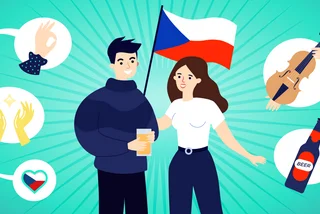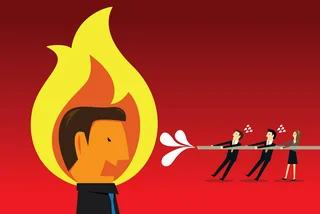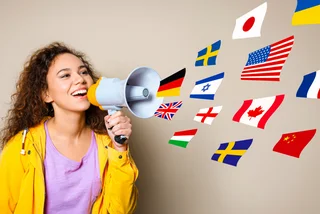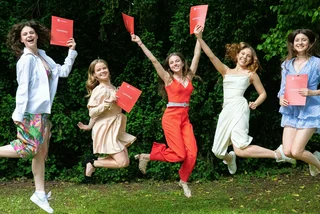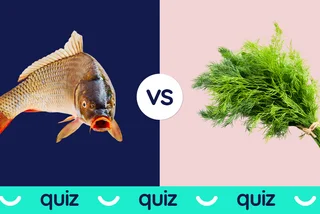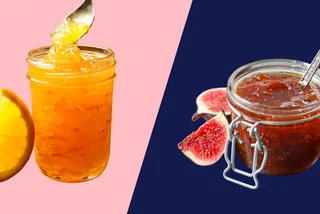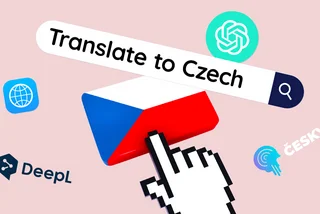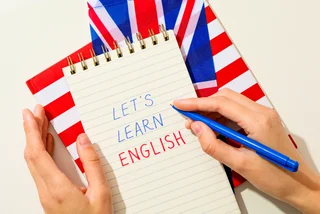It's been said that in Czechia, the best way to practice the language is at the pub. These words and phrases are employed to express the practice of imbibing, over-imbibing, and the aftermath of doing so. Keep reading to practice up before you drink up!
BÝT OPILÝ
This is the basic expression used to express the state of being drunk, based on the verb pít. The word pivo (beer) is derived from pít (to drink) and originally signified any drink.
When constructing phrases to express drunkenness, the Czech language often uses the verb mít (to have), to express a state of having something.
MÍT NAKOUPENO
To have purchased, probably a lot of beers.
MÍT DOST
To have enough, probably beers.

MÍT NAVÁTO
This is a tricky expression to translate. The word naváto usually means snow that's been blown or piled making this a potential reference to feeling snowed under when you are drunk (similar to the English expression "being plowed").
MÍT ŠPIČKU
Literally, to have a tip/peak; this expression means to be a little drunk (tipsy). Its origin is likely the same expression in German, eine Spitze haben.
BÝT NALITÝ
This means to be poured, as in to be poured a pint of beer, except that the recipient of the pouring is the person who is getting drunk. In this context, we would use the colloquial form of bejt nalitej.
BÝT VYLITÝ
This describes someone who's really, really drunk; the literal meaning is to be poured out, perhaps a reference to somebody's empty body, without a personality or a mind, once that person has had a few too many. Again, a more casual form of the word would be bejt vylitej.
PIJE JAKO DUHA
When someone drinks a lot and often, we say they pije jako duha, meaning they drink like a rainbow. In the old days, people believed that the ends of the rainbow sucked water from the ground the same way you can sponge up too much beer during regular bouts of heavy drinking.

What about the dreaded day that follows those heavy drinking sessions? Czechs have two expressions for that, both of them associated with animals.
MÍT KOCOVINU
The term kocovina, originally associated with a kočka (cat) on the prowl and making noise during the evening hours, can refer to someone getting rowdy after a few many. Nowadays, its meaning is rather leant to the hangover that follows a night of carousing!
MÍT OPICI
In Czech the word opice (monkey) is similar to opilý (drunk). The phrase "to have a monkey" conveniently describes both the state of drunkenness and its aftermath. You can find a similar usage in other languages as well; for example, in Spanish, the word mona means both monkey and hangover.
Do you want to speak Czech like a native? Study at ÚJOP UK!











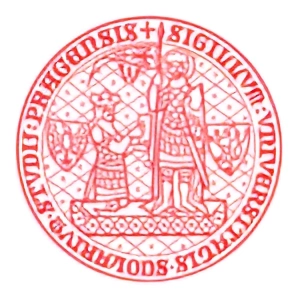
 Reading time: 2 minutes
Reading time: 2 minutes 

